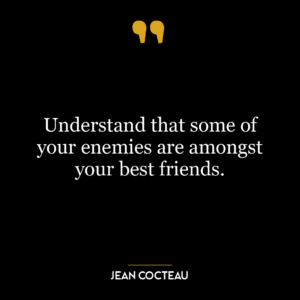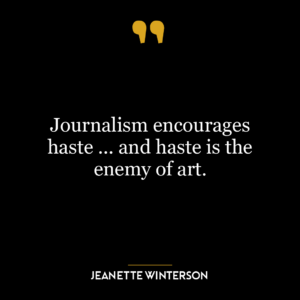This quote underscores the complexity of human relationships and interactions. It suggests that a polite enemy can be as challenging to expose or undermine as it is to defend a rude friend. This is because the enemy, despite their underlying hostility, presents themselves in a positive light, making it hard for others to see their true intentions. On the other hand, a friend, despite their genuine affection, might behave rudely, which could damage their reputation despite their good intentions.
The quote implies that our perceptions and judgments of people are often based on their outward behavior rather than their underlying intentions or loyalties. It suggests that we should be cautious and discerning in our relationships, looking beyond people’s outward behavior to understand their true character and intentions.
In today’s world, this quote can be applied in various contexts. For example, in politics, a politician may present themselves as polite and amiable, but may have ulterior motives that harm the public interest. Conversely, a politician might come off as brusque or blunt, but they might be genuinely committed to serving the public good.
In personal development, this quote might encourage us to be more discerning and reflective in our relationships. It might prompt us to look beyond people’s outward behavior and to consider their underlying intentions and loyalties. It might also encourage us to be more mindful of our own behavior, ensuring that our actions align with our intentions and values, and do not misrepresent us to others.









